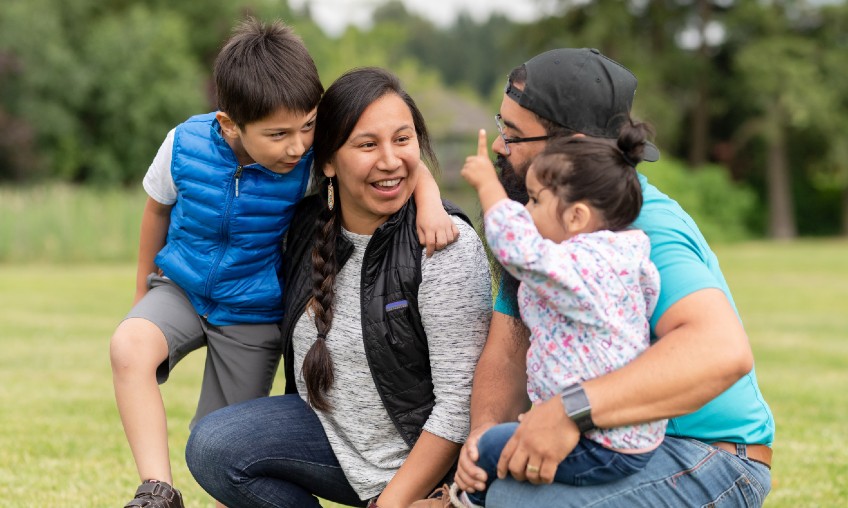
By Damien Cuffie, DDS, MPH
A recent white paper covering oral health for U.S. Hispanic populations involves meta-analyses plus insight from professionals in the fields of public health, dentistry and academia.
The collaborative effort by the Hispanic Dental Association and CareQuest yields new perspectives and recommendations to improve overall health and quality of life for Hispanic communities in the U.S.
Understanding unique barriers to care for Hispanic populations is necessary to address inequities, according to the authors. The white paper, entitled “Addressing the Oral Health Needs of Hispanics in the U.S.,” reveals that this population’s stark oral health disparities begin in youth. Hispanic children between six and 11 years old have the highest prevalence of cavities and fillings compared to peers in other populations.
Dental inequities continue into adulthood. For example, Hispanics are more likely to describe the health of their teeth and gums as “fair” or “poor” compared to non-Hispanic individuals in most age groups. Especially at the ages of 35 to 49 years old, Hispanics report being treated for gum disease in higher numbers than other racial/ethnic groups.
Furthermore, Hispanic adults are more likely to lose at least one permanent tooth compared to white, non-Hispanic adults, and about 15% of mature adults (65 and over) have no teeth.
Steps Toward Improvement
Creating solutions must involve impacted community members, the authors say. Their policy recommendations to enable better oral health outcomes and utilization among the Hispanic population include:
- Improve the collection and disaggregation of data to better understand disparities, especially among Hispanic subgroups.
- Provide more oral health education, especially for parents and children.
- Expand availability of community-based dental care, such as mobile and school-based services, in places with high proportions of undocumented residents.
Furthermore, the paper advocates for creating more dental-career pathway programs for minority students, and more cultural competency training for dentists.
DentaQuest, part of Sun Life U.S., works to create a more equitable system to improve oral health for all.
Damien Cuffie, DDS, MPH, dental director for DentaQuest, practices general dentistry in Louisiana, and serves as a major in the United States Army National Guard. His focuses include public health dentistry and helping patients to access oral health care in their communities. A Robert Wood Johnson Health Policy Fellow, Dr. Cuffie earned his dental degree from Meharry Medical College in Nashville and his MPH from Louisiana State University Health Science Center.
 Preventistry Pulse Image
Preventistry Pulse Image
PREVENTISTRY PULSE
The newsletter designed for anyone who wants to improve oral health for themselves, their families, customers or communities.





